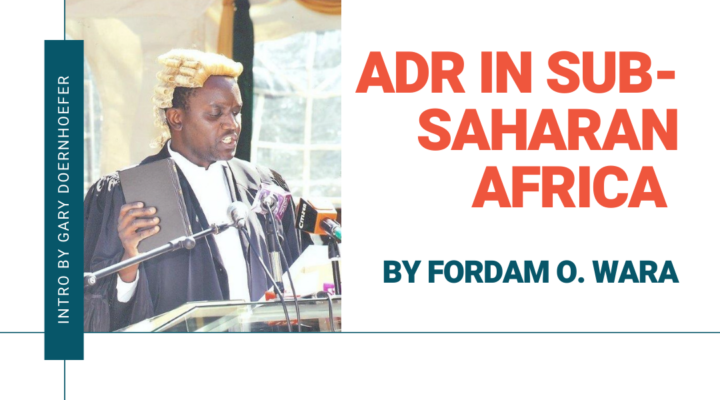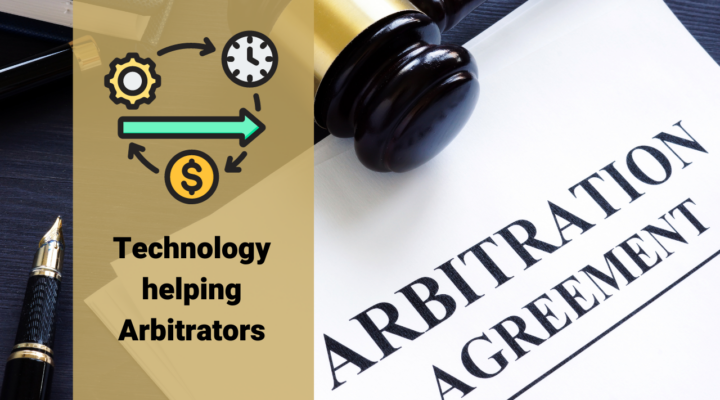Technology: An Essential Tool for Eviction Mediation
At any time, the inability to pay for suitable housing can be devastating to a person’s path through life. It affects that person’s whole family. It affect’s their ability to find and hold employment. As sociologist Matthew Desmond, author of Evicted: Poverty and Profit in the American City says, “Eviction isn’t just a condition of poverty; it is a cause of poverty.”
When someone is evicted from their home, they don’t just lose essential shelter. Their personal property is often put on the street or into storage. They have no address, no connection to a community. Without any kind of home, it becomes difficult to hold a job, harder still to find a new one. In many states, the mere filing of an eviction action becomes part of public record: yet another obstacle to finding new housing and a return to normalcy.
Housing insecurity, particularly evictions, was a societal problem in the United States prior to the economic impact of Covid-19. Now the threat of evictions is a crisis. Like a river building behind floodgates, the number of people unable to afford their rent is swelling.
The Aspen Institute estimates that out of approximately 100 million renters in the United States, between 30 and 40 million are at risk of eviction. The CARES Act, its extensions and scattered state and local eviction moratoriums are delaying the floodgates from opening so far. Generally, these legislative efforts have precluded at least the final act of eviction. Some allow legal proceedings toward eviction to proceed. Many more have loopholes, allowing a growing number of evictions to proceed as landlords find grounds other than non-payment of rent. Eventually, however, the federal, state, and local moratoriums will come to an end.

How Mediation Can Help in the Approaching Eviction Crisis
There are hard and soft measures of how mediation can help address the eviction crisis. The hard statistics are impressive:
A study tracking the results of mandatory mediation for housing court in a New Jersey county found that more than 75% of cases resulted in a mediated agreement. Of those, 70% were permanent outcomes.
The St. Louis Mediation Project reports comparable outcomes.
Just as important, all of the soft measures that support mediation as a preferred alternative to litigation in general are present in eviction cases. Eviction is uniquely personal and emotional, placing greater emphasis on the soft virtues of mediation.
Mediation offers flexibility in interpersonal communications – flexibility typically absent in the sterile confines of a courtroom. In a mediation, the parties have an opportunity to be heard, to explain, and to share personal misfortunes and their consequences in ways that would not be relevant in a court of law. Landlords can describe the pressures of expenses for maintenance and taxes, and compliance with regulations and mortgage payments. They may convey feelings that their past kindness hasn’t been appreciated. Tenants, in turn, may convey feelings of embarrassment or shame for their position.
Just as importantly, mediations liberate parties from the rigid outcomes of winner-take-all judicial decisions. Mediators can create agreement terms to fit the parties’ unique circumstances, like temporary rent relief with an extended payment plan.

Power Imbalance is a Challenge in Eviction Mediation. Access to Information Can Help.
There is typically a serious imbalance in bargaining positions in eviction cases. In general, landlords prevail at much higher rates than tenants in litigated eviction cases. Absent legal advice and representation, tenants are less likely to know their rights. Furthermore, laws generally favor eviction when a tenant is unable to pay the rent.
Part of the power imbalance is likely to be lopsided knowledge of the law and court processes. The landlord may have done this before, and is more likely to be able to afford a lawyer. The tenant is less likely to be familiar or comfortable with court procedures. They will likely only have legal counsel if pro bono assistance is offered in that location, which is by not means a guarantee. The availability of rent assistance programs and their requirements vary from city to city and state to state.
The tenant facing eviction typically has much more at risk than the landlord.
An eviction can be life-altering for the tenant. The landlord, on the other hand, may hope to avoid paying lawyers and court feeds, and perhaps continue to receive some rent from the tenant. The landlord may view a court order of eviction as having certainty to it…while a mediated agreement is perceived as having no more force than the lease the tenant breached in the first place.
A mediator facilitating a creative solution for a landlord and tenant should have a basic understanding of the available assistance programs and their eligibility requirements. A mediator with even a little knowledge of the potential legal defenses available to a tenant can mitigate the power imbalance. The mediator can do so through a reality-testing discussion during a caucus session with the landlord.
There may also be assistance programs for the landlord, which could become part of a join solution. The effective eviction case mediator will need to arm themselves with this knowledge. Such a mediator should be able to develop the facts to help determine what options are open to the parties in each situation.
Mediators are Ready to Help, and ADR Notable is Ready to Help the Mediators.
The floodwaters of the eviction crisis are readily apparent, but when exactly the floodgates will open is still unknown. When it happens, there is little doubt that the volume of cases will be high, which will overwhelm court systems. Many court systems are already turning to mediation as a part of the solution, while others are working to adopt mediation programs in anticipation of the surge. Mediation has a respectable track record in eviction cases. It allows parties greater flexibility in communicating needs and interests, as well as in fashioning creative remedies.
To handle the anticipated volume of cases, mediators will require technology tools that improve efficiency without sacrificing fairness. Eviction mediation, like most matters, is already utilizing telephone and video technology. But more can be done.
ADR Notable‘s technology specifically caters to the business process of mediation. The software helps bring organization and efficiency to what is otherwise likely to be a chaotic process.
Before a session, ADR Notable handles the basics of capturing party information and organizing and filing case documents.
In each jurisdiction, court-ordered eviction cases follow similar processes and timetables. Even cases brought to mediation prior to a court filing have a certain sequence to them. By using ADR Notable, the mediator has the ability to build process checklists to help manage each case.
For example, the mediator can use process checklists to ensure that the tenant gathered employment, income, and debt payment information. The mediator may need this information to determine eligibility for assistance programs before scheduling a joint session.
One might use a checklist to probe for potential legal defenses to the eviction as well. Using ADR Notable, eviction mediation program managers could develop these checklists. They could then share such checklists with mediators who volunteer their time and may not have detailed knowledge of eviction law or assistance programs.
A program manager could use ADR Notable’s Library feature to make background reading and information about assistance programs or other useful information available to mediators. They can store forms for application to assistance programs there too, for easy access.
During a mediation session, the mediator quickly and easily takes notes as discussions progress in ADR Notable’s patent-pending Noteboard. Plus, using the Noteboard makes a mediator’s work after the session that much easier.
Notes of the agreed terms move directly into a text editor. From there, the mediator can finalize language and incorporate it into a digital document summarizing the terms of the agreement. Or, if the mediator prefers, they can open a template settlement agreement previously stored in their ADR Notable Library.
The mediator can generate individual case reports with a single click. Anonymized, aggregated data reports can be generated across an entire eviction mediation program.
In short, eviction cases cases are deeply personal and painful, and the volume of cases in the coming months is likely to be high, putting a premium on efficiency.
The capture and organization of information, control of processes, and secure notetaking leading to the generation of digital documents are all things technology does well. These features can help in this crisis.
We designed ADR Notable for exactly this purpose. When these administrative tasks are handled effectively by technology, a mediator can focus on the essential human skills that will be critically important to the lives of tenants caught in the rising floodwaters.






